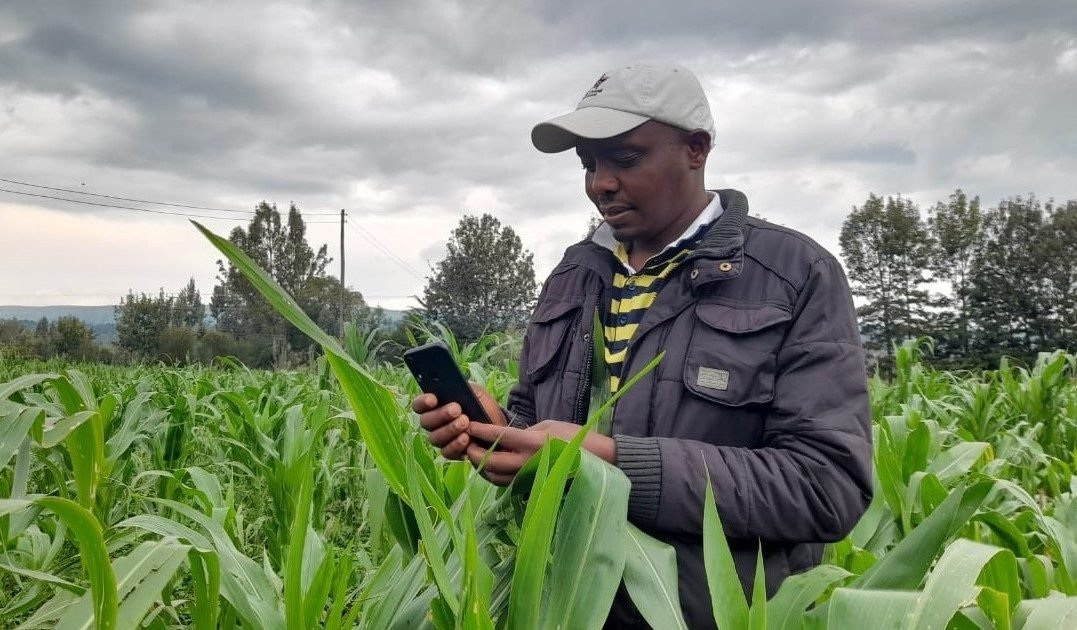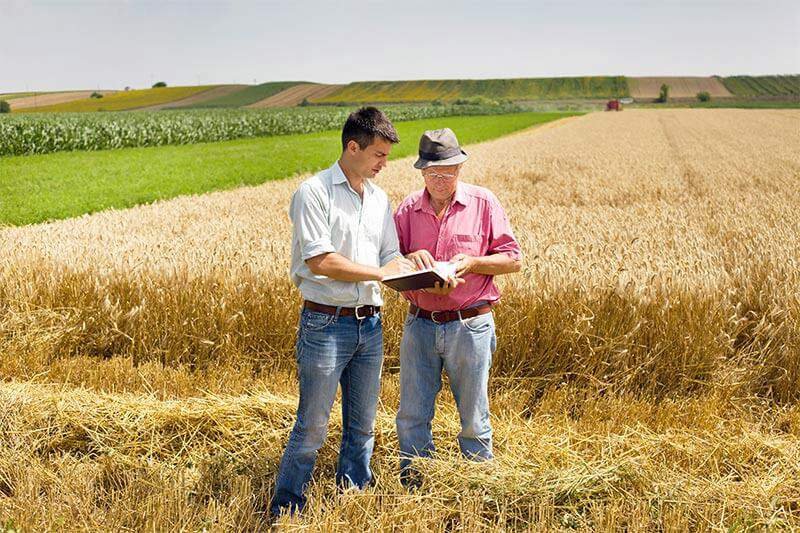Ontario’s agri-food sector is undergoing rapid transformation, driven by evolving consumer demands, environmental pressures, and technological advances. At the heart of this change is agricultural extension—an essential mechanism that connects research knowledge with practical farming realities. The literature on extension in Ontario highlights innovative approaches aimed at empowering farmers, promoting sustainable practices, and harnessing digital technologies to build resilience in the agri-food system.
Empowering Farmers Through Participatory Extension
Recent studies emphasize the shift from traditional top-down extension models to more participatory approaches. Farmer empowerment is central, with extension services facilitating co-learning environments where farmers actively contribute to knowledge generation. This collaborative extension fosters innovation adoption by respecting local expertise and contextualizing scientific advice.
One notable example is the “Farmer-Led Research” movement, where farmers in Ontario co-design and conduct on-farm experiments. Literature suggests this enhances trust, relevance, and the speed of technology uptake. Extension professionals now act more as facilitators than instructors, fostering community networks that sustain peer-to-peer learning.
Sustainable Practices and Environmental Stewardship
Environmental sustainability is a dominant theme in Ontario’s extension literature. Programs increasingly focus on soil conservation, nutrient management, and biodiversity enhancement. Extension plays a critical role in translating research on regenerative agriculture techniques—such as cover cropping, reduced tillage, and integrated pest management—into actionable strategies for farmers.
The Ontario Soil and Crop Improvement Association’s work in promoting soil health is well-documented in extension research. Publications also underline extension’s role in supporting compliance with environmental regulations, helping producers navigate complex policy landscapes while maintaining productivity.
Climate Change Adaptation and Resilience
With climate variability affecting crop yields and livestock health, extension literature reveals a growing emphasis on climate-smart agriculture. Extension services in Ontario are helping farmers adopt adaptive strategies, including drought-resistant crop varieties, water management innovations, and diversified cropping systems.
Research highlights extension’s role in risk communication, preparing farmers for extreme weather events and long-term climatic shifts. The integration of climate data and forecasting tools into extension programs is also a novel trend, enabling more informed decision-making.
Integration of Digital Technologies and Precision Agriculture
The adoption of digital agriculture technologies—like drones, sensors, and data analytics—is expanding rapidly. Literature on Ontario’s extension services reflects efforts to bridge the digital divide by providing training and technical support to farmers, especially small- and medium-sized operations.
Extension programs increasingly incorporate digital tools for soil mapping, pest monitoring, and yield optimization. The Ontario Agri-Food Innovation Alliance has spearheaded initiatives that showcase how digital extension can improve farm management efficiency and sustainability.
Challenges and Future Perspectives
Despite progress, the literature points to ongoing challenges including limited funding, uneven access to extension in rural areas, and the need to tailor services to diverse farm types. Furthermore, as consumer interest in local and organic foods grows, extension must balance innovation with the preservation of traditional agricultural knowledge.
Looking ahead, researchers advocate for more interdisciplinary extension approaches that integrate social sciences, economics, and environmental studies. Embracing inclusivity and fostering partnerships among universities, government agencies, industry, and Indigenous communities will be key to strengthening Ontario’s agri-food extension system.


